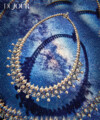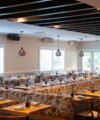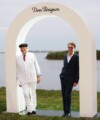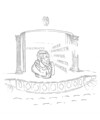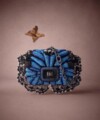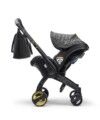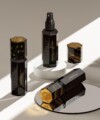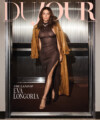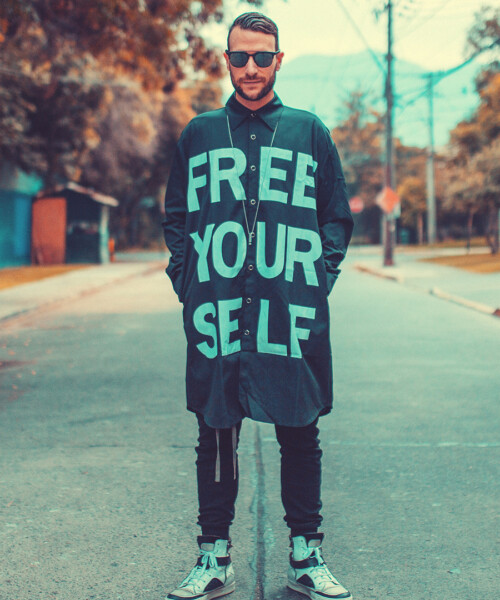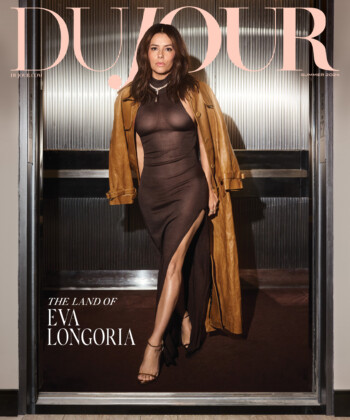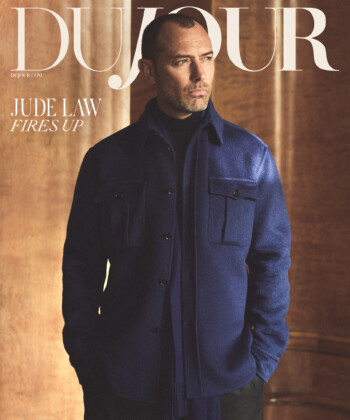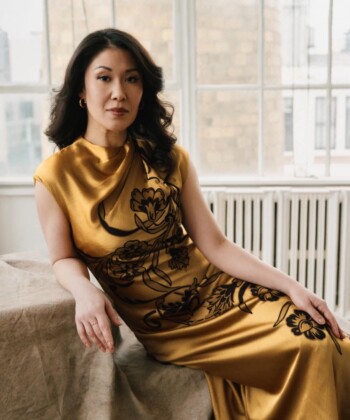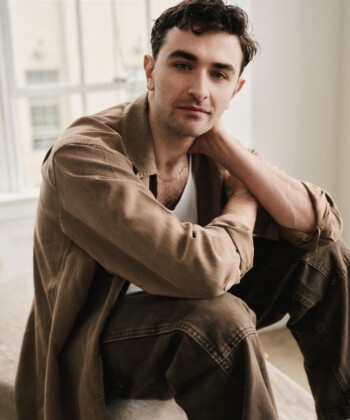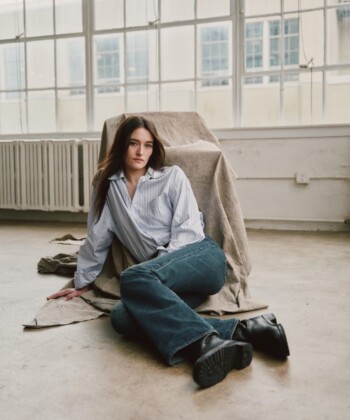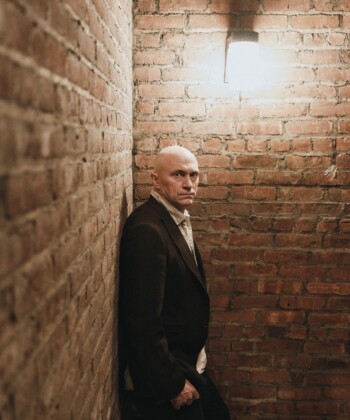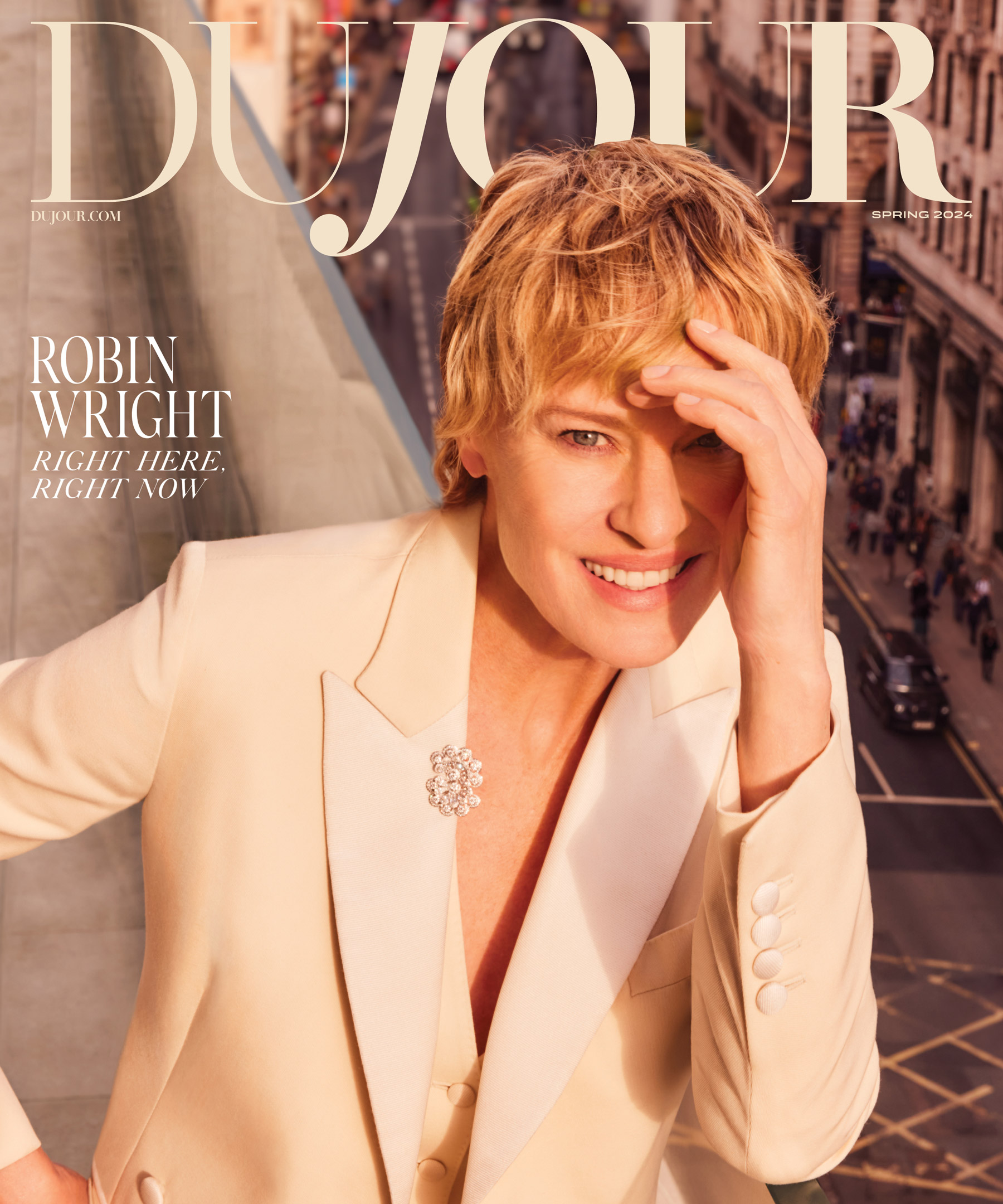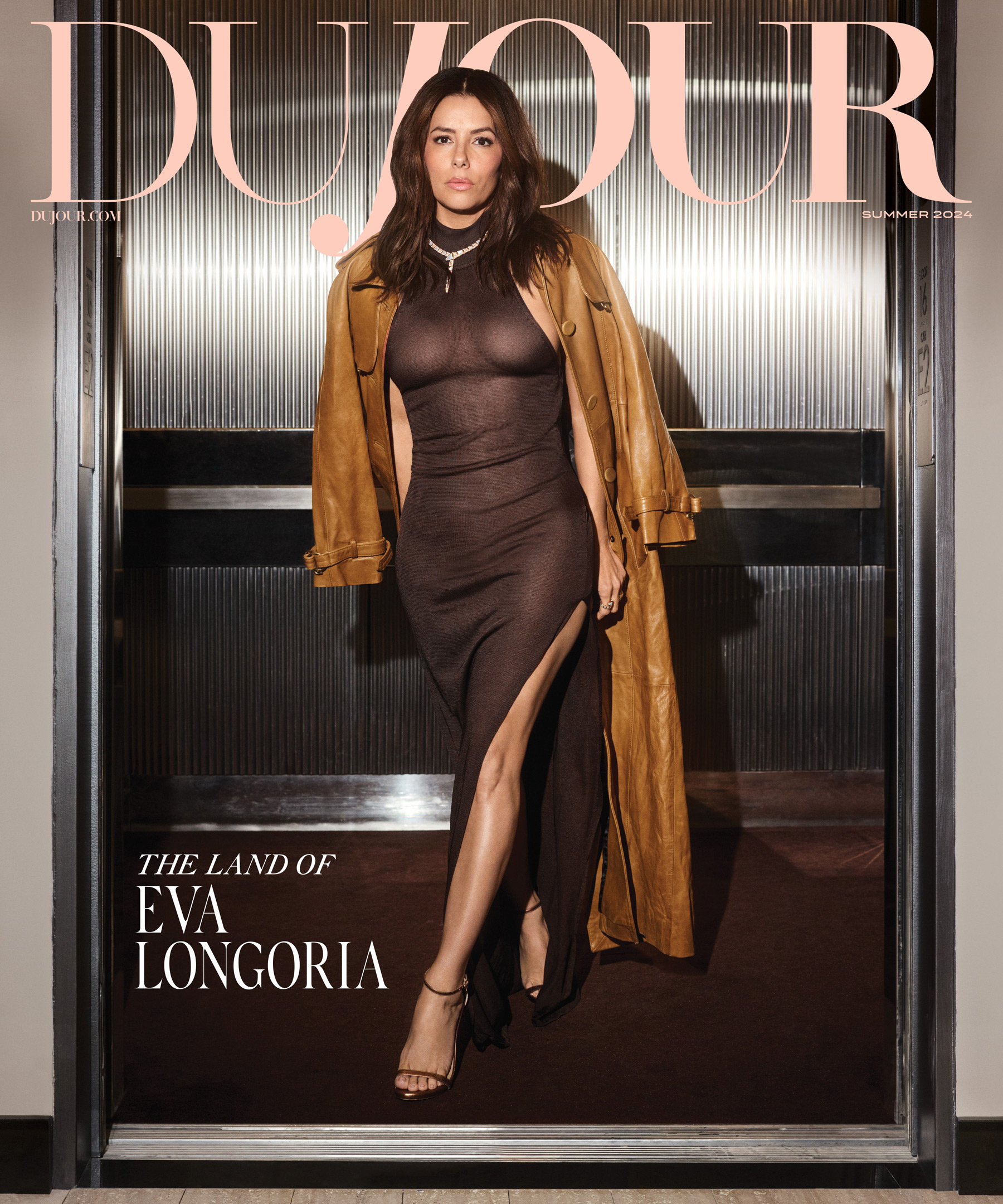When Don Diablo arrives to meet me at the Standard Hotel in New York City, his hug and incessant apologies more than make up for his moderate lateness. After all, he’s a busy guy. Since landing in New York the previous day, he’s been in and out of meetings with Spotify, Billboard and more, has a sold out show at Terminal 5 this evening and a flight home the following afternoon. I tell him how amazed I am by his bubbly demeanor after such a whirlwind of a trip and wonder when he will find a moment to sleep. To that, the 38-year-old producer humbly responds, “How can I sleep? It’s like on Christmas Eve and you know there’s a gift under the tree. You just want to run downstairs and play with it. You can’t sleep,” he says. “I fought for this my whole life. Now I have it in my hands and I’m not giving it up.”
It’s been ten years since Diablo released his debut album Life Is a Festival. Since then he’s been listed in DJ Mag’s Top 100 DJs, ranked as the number one Future House Artist of the Year on Beatport and has collaborated with artists like Dragonette, fellow Dutch DJ Tiësto and more. Still, even as a pioneer in the Future House movement, it has taken Diablo years to reach the level of success he always dreamed of. “I spent countless days sitting in my underwear watching videos of other people remixing my music at big festivals wondering, ‘Why isn’t that me?,’” he tells me.
Since 2008, he’s been consistently grinding, paving the way for his musical identity, creating a fan base and generating a brand for himself. “I felt I needed to get my profile as an artist and create a type of movement for myself,” he says.
By releasing dozens of singles since Life Is a Festival, launching the record label Hexagon, and designing all of his merchandise, Diablo has shown the world who he is as an artist. His second album, Future, released in early 2018, represents nearly a decade of work. “When it came to clothing, visuals, videos and artwork, everything was futuristic,” he says of his brand’s identity.

But from witnessing hundreds of fans with his logo tattooed onto their body to his merchandise selling out within hours, he knows his music is more than a brand; it’s a movement. That movement involves everything from spreading positive vibes to disproving the widespread notion that EDM producers are distant or manufactured. Case in point: three songs on Future that feature his own vocals. “I don’t see myself as a singer but I think I can sing. For the album, it felt natural to include three records that were more personal and for me, these songs can’t get any more personal,” he explains.
Those three songs, “Satellites,” “Reflections” and “Echoes,” are not Diablo’s first venture into personal storytelling. He reveals to me that after his father passed away he wrote a letter to his father with all the things he wanted to say but never got a chance to. In 2012 he turned the letter into a song called “The Artist Inside” and was able to connect with fans in a way he never thought possible. “After I released that song, it changed my perspective on making music. I received so many letters from people telling me how they found strength in my music and how it helped them to mend relationships,” he says. One of those letters came from a fan who says that, after sending his estranged father a song by Diablo, they spoke for the first time in 11 years.
On Future, Diablo collaborated with 12 different artists to create some of his most epic bangers. “I was looking for artists who will be big in the future. They aren’t giant pop stars yet but I think they will be in the future,” he says. From Betty Who to Calum Scott, Diablo sought after a range of talented artists with unique sounds. “Betty Who is outspoken and she stands for something. James Newman has written records for Ed Sheeran and Kesha but you may never have heard of him,” he explains. By including artists he truly connected with, Diablo’s philosophical movement—to make music with a positive message— in turn created some of his most successful music yet.
Coming from a small village in the Netherlands, playing empty rooms, Diablo admits he puts a lot of pressure on himself to be the best, especially now that he has such a loyal fan base. “I always feel like obligation to put on the sickest show,” he says. “There’s another asshole from the Netherlands ready to put on a show, play some records and sell out Terminal 5. I have to do something different.” Diablo’s tour production is definitely different, from a front-of-house controlled suit to an epic light show. It’s this stage presence that earned him one of his most memorable festival sets, playing the Main Stage at TomorrowLand in 2017. “I brought my mom to the show because I wanted her to see it to understand,” he tells me. “It was amazing to share that with my mom because she really had no idea. She just thought it’d be a lot of people.”
He adds that since bringing his mom to TomorrowLand, she constantly receives fan mail. “She’s been slowly stealing my thunder,” he jokes. With a world tour underway, Diablo is ready to bring his movement across the globe and show people what he has to offer as an artist. And who knows, maybe his mom will make a guest appearance.



